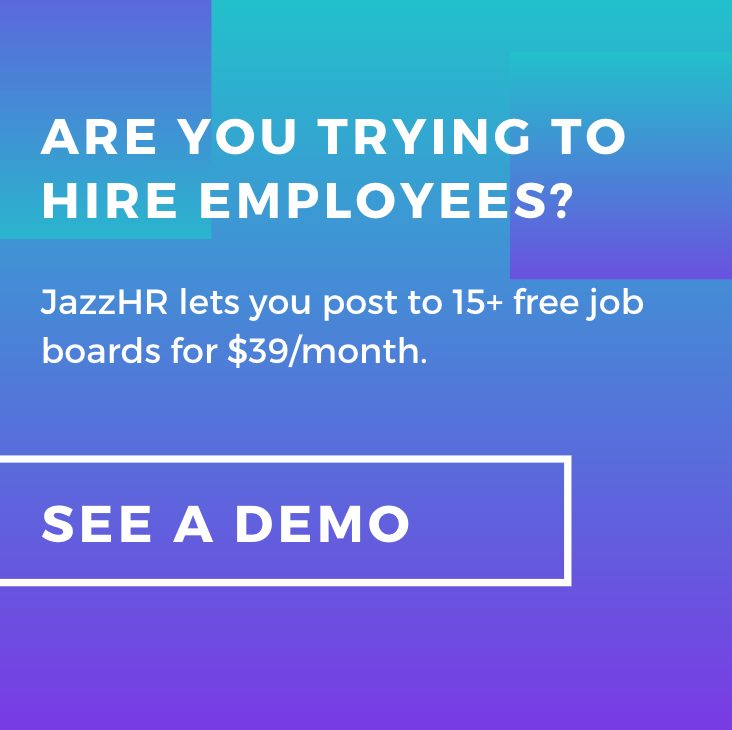So you’ve made it past the resume bots and screening stages to land an in-person interview. Congratulations! Now comes the time, perhaps your only shot, to impress the hiring manager and get an edge on your competition.
To help you nail your interview, we’ve put together a shortlist of the most common interview questions and how to answer them so you’re prepared for the big day. Let’s go through the line-up!
1. Why you do want to work here?
In this situation, the interviewer wants to make sure you’ve given the opportunity some thought. They’re also looking to make sure you’re not blindly sending your resume just because there is a job opening.
Be sure to highlight the homework you’ve done on the company, your intrinsic interest in the role, and why you’d be a stellar fit. Here’s an example, “I’m interested in this position because I wholeheartedly believe in your mission, and am aligned with your values as an organization.”

2. What is your biggest weakness?
Now, can be a tricky one. Some people will make the mistake of trying to disguise a weakness with a badly spun positive. For example, “I’m too much of a perfectionist,” or, “I’m a workaholic!” The truth is, interviewers have heard these responses more often than not, and would rather you just be honest. A successful response to this question requires two parts:
- Describe your weakness. Be authentic and pick a weakness that not only aligns with the job but is fixable. For example, “I turn into a bundle of nerves when speaking in public.”
- Demonstrate your recovery. You can do this by talking through the steps you’ve taken to improve this weakness. For example, “I’ve started doing mock presentations with friends and family to get more comfortable speaking in large groups.”
3. Why did you leave (or why do you want to leave) your current position?
In this scenario, most employers just want to ensure you’re loyal and have integrity. If you’re unemployed, be honest and depict your reason for leaving in a positive fashion: “I was a valued member of the team but was let go due to widespread budgetary cuts in the organization.”
If you’re currently employed, focus on what goals you have for your next position: “After a year in my current role, I decided I wanted to be a part of a company where I have a clear growth trajectory and professional development opportunities.”





